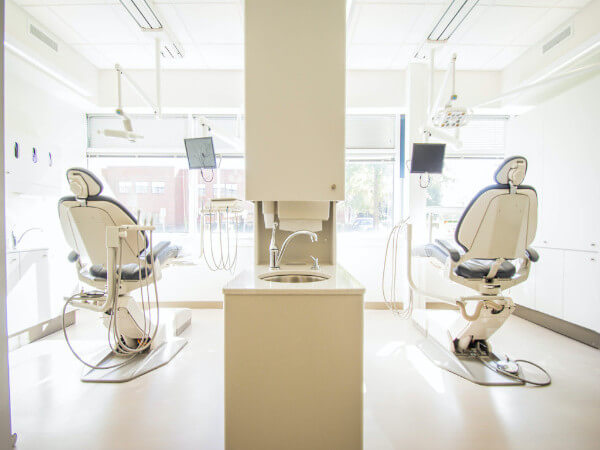
For this interview, Dental Tribune International met with Larry Bodony, president of exocad America and a system integration expert, at the company’s 2021 IDS press event earlier this autumn. Exocad is one of the leading providers of digital dentistry software and since it joined forces with the globally renowned medical device company Align Technology in 2020, there was much to discuss about the past, the present and the future.
Rapid Shape evaluates medical device applications in bioresorbable 3D-printing resins
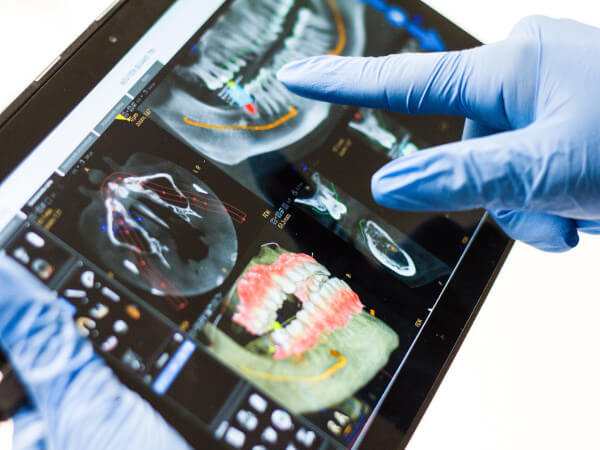
HEIMSHEIM, Germany/BIRMINGHAM, UK: Rapid Shape is evaluating a partnership between its vat polymerisation 3D-printing technology and a new class of bioresorbable materials trademarked 4Degra from 4D Biomaterials.
Dentsply Sirona and 3Shape expand their strategic partnership
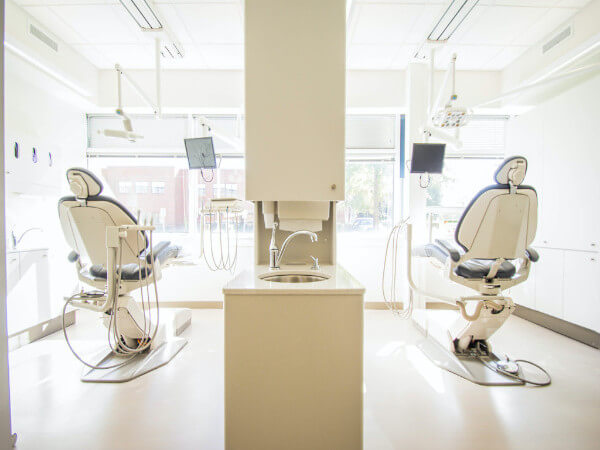
COPENHAGEN, Denmark/CHARLOTTE, N.C., US: Dentsply Sirona and 3Shape have recently expanded their partnership to provide seamless and secure integration of Dentsply Sirona’s Connect Case Center with 3Shape’s Dental System software. Users who upgrade to Dental System 2021.2 software can now connect to the Dentsply Sirona Connect Case Center to receive intra-oral scans from the company’s intra-oral scanners, Primescan and Omnicam.
Did you miss our previous article…
https://dentistintulum.com/?p=388
What does it mean to be a dentist?
A little over a month ago I left working full time at a Federally Qualified Health Center.

Dr. Simpson
I have spent the last six years of my career working in public health, and the first three years were a couple of short stents working in mobile dentistry visiting nursing homes, a couple of different private practices, “Medicaid offices” and suburban offices with all the latest technologies. Out of all of those, public health was my favorite.
However, I knew from dental school that at some point I would want to end up in academia. I used to daydream about someday becoming a “dental school counselor”: having students come to my office to vent about the stressors of school. I would think about all my favorite professors and how their concern for me buoyed me through school, and I wanted to do that for future students.
I knew academia was my goal, but I also love patient care. There is a moment, right before you hand a patient a mirror to see your handiwork in creating their new smile, when you know they are going to be so happy. I loved hearing patients say, “No one has ever explained it to me like that” or, the ultimate, “I didn’t even feel the shot!” I loved all that.
But as I walked to my car on my last day at my previous job, I felt a finality that I wasn’t expecting to feel. It was a feeling I hadn’t experienced before: relief.
I cried the whole way home talking to my significant other about how I was going to miss my coworkers, the best team I had ever worked with, how I was going to miss the feel of the drill in my hand, and how I wasn’t sure that entering into academia, even though it was what I thought I always wanted to do, was going to be what I was imagining.
Was it going to be a situation of thinking that the grass would be greener on the other side only to be be disappointed?
In patient care, the buck stops with us. The decisions rest on our shoulders. The Yelp reviews reflect us, no matter who in the office it might have been about. Our assistants make sure things are set up the way we want them. We are in control. We love to help our patients. We get a lot of glory and respect (sometimes undue) out of it. I was scared of losing that glory. I was going to miss having my assistants have things ready for me and set up the way I like. I was going to miss feeling like the queen bee. Yes, I said it.
As much as we talk about how a career in dentistry affords us so many options, most of us pretty much end up doing the same things: full-time patient care. There seems to be a formula coming out of school: work as an associate for a large practice for a couple of years, and then go into private practice without really thinking if that really is what is best for us, our personalities and lifestyles.
In a previous job I was an adjunct faculty for a dental school. It wasn’t uncommon to hear graduating seniors talk about going into private practice by being someone’s associate first and eventually buying the practice. I feel like I can safely say, this is all we think there is or maybe specializing (and opening our own practice). Even when meeting people outside of work, upon finding out that I am a dentist they will inevitably ask, “Do you have your own practice?”
Of course we go in to dentistry to do dental work BUT, what actually makes you a dentist?
I was talking with a friend one day recently and asked, “Am I still a dentist or am I a professor now?” I pictured filling out paperwork in some random situation, and in the section where it asks “occupation” I thought “I don’t think I can put dentist anymore.”
We really celebrate the dentists who have lucrative practices. We celebrate the dentists who have huge staffs, multiple locations, and the latest technology. We don’t celebrate (as often), the dentists who go into public health. We don’t celebrate the dentists who work in prisons. We don’t celebrate the dentists who go into radiology or oral pathology. We don’t celebrate the dentists who go into academia. We don’t celebrate the dentists who are associates for the span of their career.
One of my mentors, whom I worked for one summer after my freshman year of college, had her own practice for years. She ended up selling it to become an associate for another dentist part time. She also worked in a prison part time, stating that she was tired of the business side of dentistry.
I met a dentist who practiced for a few years after graduation and realized she didn’t like patient care. She now works for Crest and loves it. How can a new grad/young dentist explore the options of their career if we keep holding the successful private practices up as the pinnacle of success for our profession?
Full-time in-patient care is not for everyone. I fear for dental students who come out of school, get a job as an associate in an office that just isn’t a good fit. Maybe the next office isn’t either, and begin to feel like something is wrong with them. They then scroll through social media and see how well their classmates appear to be doing and feel worse.
I look at myself as an example in my newly burgeoning career in academia and think “am I still a real dentist?”
I recently was looking through a dental magazine with the eponymous “40 under 40.” There were a few dentists who were lauded for their success in the public health setting but the vast majority were private practice owners.
To be honest, I had a fleeting moment where I thought, “I’ll never be that.” And yet, in my heart I love what I do; I am proud of the choices I have made in my career, but the list made me feel less than for a few minutes.
New dentists: the degree and the diploma are what make you the dentist, and unless you have some heinous/grave issue that comes up, you will always be a dentist. You get to decide the trajectory of your career. If you have been out and don’t like patient care, do something else. Please don’t look at your colleagues and feel like you are beholden to the full-time private practice, eventual practice owner path to be the definition of success.
Let us truly celebrate the options in our career. Spend some time alone. Maybe this means not talking to dental friends and colleagues, or maybe getting off social media for a little bit. Take a hard look at your life and career to figure out who you are, what your needs are, and what you really want out of life and your career. How much money do you really need to be happy and to live the life you want?
I had no idea how much patient care was affecting me until I was at the dental school on the clinic floor, working with students, and I realized I didn’t have a million thoughts swirling around in my head. I didn’t how it was affecting me until I realized that I felt physically lighter and unburdened. Like I said, I LOVED being in patient care.
For me, that old adage of “do what you love and you’ll never work a day in your life” came true when I started in academia. I don’t feel like I’m at work. I would even go so far as to describe the feeling as, when I’m on the clinic floor, at peace.
People tell you to open your own practice to be able to do things “your way” and to not have to answer to anyone. That is fine. We are not all built to carry the weight of stress that comes with being a practice owner, and that’s OK.
Life is short, but you don’t know until something comes along to show you how short it is. A classmate of mine passed from cancer last year in his early 40s. Can you imagine if he had spent his years practicing unhappily because of feeling like his career should have looked a certain way? You are the captain of your ship. Make it a ship that fits your individual journey.
Let us truly celebrate our career and all the options and versions of success it provides us.
Dr Elizabeth Simpson is a general dentist from Indianapolis, Indiana. She attended Tufts University School of Dentistry for her dental education. After graduation, she did a one-year General Practice Residency at Meharry Medical College School of Dentistry. She is now a clinical assistant Professor at Indiana University School of Dentistry. She is a member of the American Dental Association Council on Advocacy for Access and Prevention, on a diversity task force with the Indiana Dental Association, and a guest blogger with the ADA New Dentist Now Blog.
Oral Health Foundation appoints new president Mhari Coxon
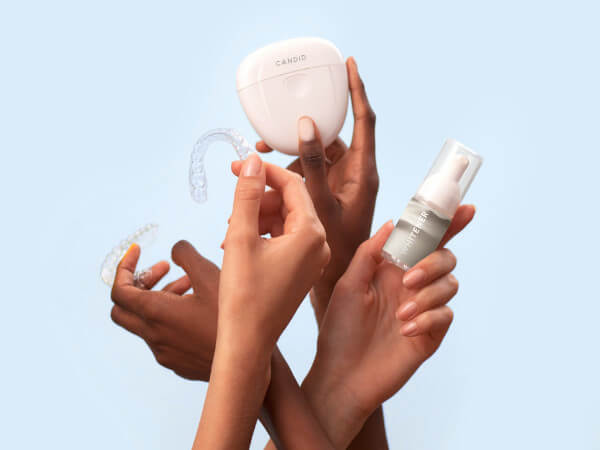
Mhari Coxon has been revealed as the new president of the Oral Health Foundation.
Mhari has worked in dentistry from 1992-2010, with a portfolio of career progression across dental practices, associations, faculties, and hospital environments.
Mhari remains a registered dental hygienist, moving to a second career in healthcare marketing in 2010, and is currently Healthcare and Prescription Marketing Strategy Lead for Northern Europe at Johnson & Johnson. Mhari is also a member at the Chartered Institute of Marketing and a fellow of the Chartered Management Institute.
With a longstanding passion for oral healthcare, Mhari was officially appointed on 6 December when the board of trustees met at the Royal Society of Public Health.
Mhari believes the charity continues to have a key role helping to create healthier communities and reduce to harm caused by dental disease.
Mhari says: “In the past two years, the way in which we view our health has changed drastically, yet rates…
Calibrated IPR can improve predictability of clear aligner therapy
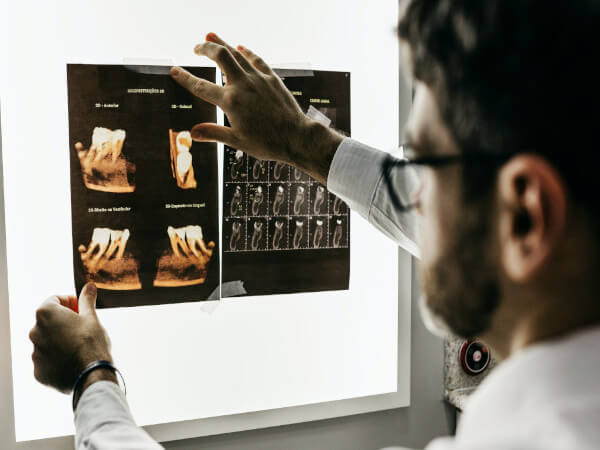
NEW YORK, U.S.: The number of dental practices that offer clear aligner treatment is increasing, and so too is the need for interproximal reduction (IPR) as a technique to reshape enamel in order to achieve sufficient space to keep the tooth movements within the biological limitations of the patient’s jaws. According to Dr. Jesper Hatt, co-founder of clear aligner treatment planning, training and education platform Alignerservice.com, IPR can often be used as an alternative to tooth extractions, but the technique is not without its challenges.
Did you miss our previous article…
https://dentistintulum.com/?p=380
BDIA Dental Showcase to return with a bang in 2022
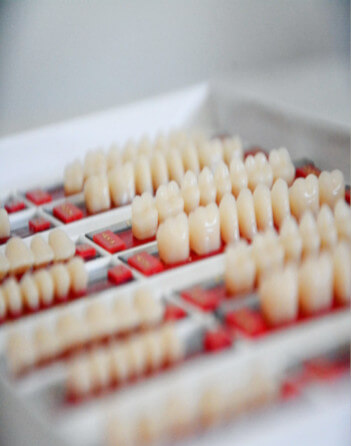
LONDON, UK: The past two years have wreaked havoc on physical dental events, yet there remains reason for optimism. On 25 and 26 March 2022, the BDIA Dental Showcase, the largest annual dental trade show in the UK, will be held in an in-person context for the first time since 2019. The event organisers—MA Exhibitions and the British Dental Industry Association (BDIA)—have promised that next year’s iteration of the free dental show will raise the standards of oral care in the country.
Did you miss our previous article…
https://dentistintulum.com/?p=378
Poor glycaemic control results in tooth loss in middle age, study finds
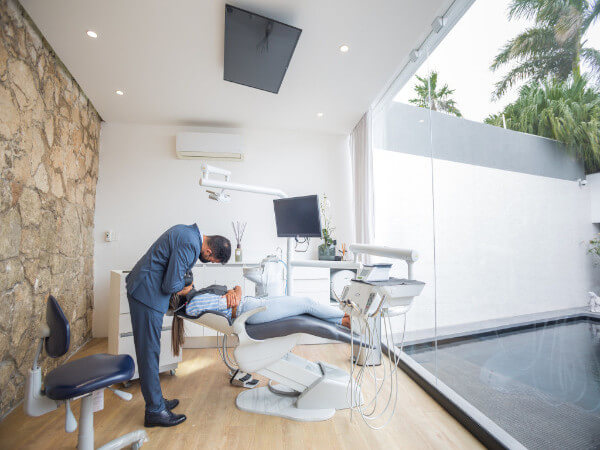
ŌTSU, Japan: In the largest study of its kind, researchers in Japan have analysed glycaemic control and natural tooth retention to investigate the association between the two. They have uncovered evidence that people with higher haemoglobin A1c (HbA1c) levels and elevated fasting plasma glucose (FPG) levels, indices of poor glycaemic control, have poorer tooth retention.
Did you miss our previous article…
https://dentistintulum.com/?p=376
Dentsply Sirona honours innovative women in dentistry with Smart Integration Award 2021
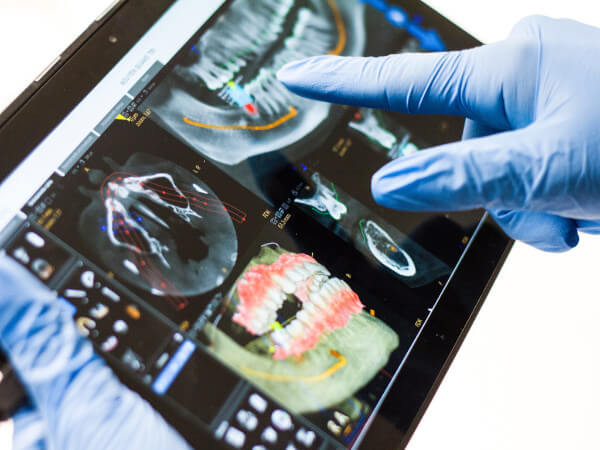
STUTTGART, Germany: On 12 November, Dentsply Sirona held the second Smart Integration Award ceremony. This year, female dental professionals from nearly 40 countries submitted their visionary ideas and information about the advanced implementation of the ideas in practice, and an international jury of experts selected 90 nominees in five categories.
Did you miss our previous article…
https://dentistintulum.com/?p=374
New study explains link between obesity and periodontal disease
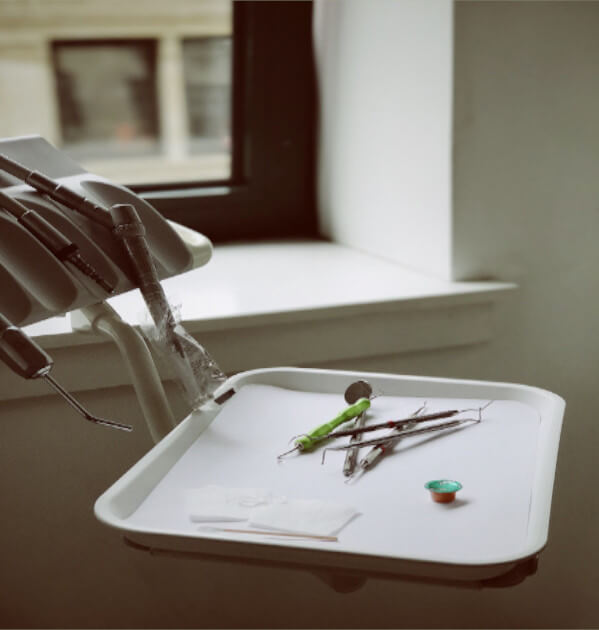
BUFFALO, N.Y., U.S.: In a new study, researchers sought to gain a deeper understanding of the link between obesity and periodontal disease. They found that being overweight causes chronic inflammation, and this may trigger the development of cells that break down the bone responsible for holding the teeth in place. The researchers believe that the findings may help improve the understanding of certain chronic inflammatory bone-related diseases that develop alongside obesity, including common comorbidities such as periodontal disease, arthritis and osteoporosis.
Did you miss our previous article…
https://dentistintulum.com/?p=372
